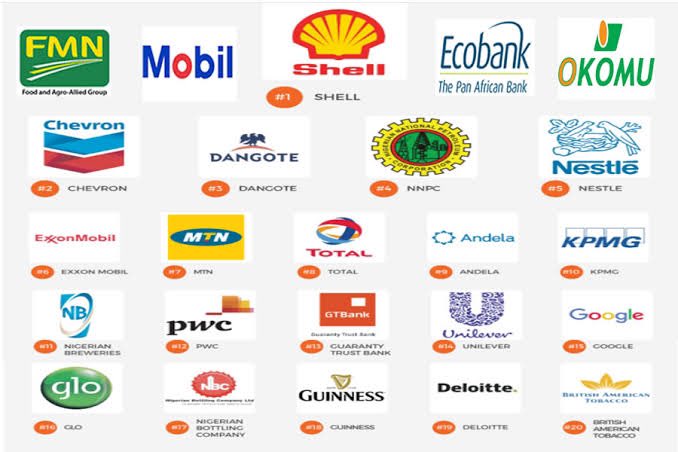
In recent years, Corporate Social Responsibility (CSR) has become a key talking point in Nigeria’s business landscape. Companies proudly showcase their community development efforts, environmental initiatives, and charitable projects. On paper, this seems like a step in the right direction—businesses giving back to society while enjoying government-backed incentives like tax rebates.
However, a troubling pattern has emerged. Some organizations have turned CSR into a mere box-ticking exercise, using it as a smokescreen to cover up environmentally harmful practices. This is nothing short of greenwashing—a deceptive practice where companies exaggerate or fabricate their sustainability efforts to appear more environmentally responsible than they actually are.
Exploiting CSR for Tax Benefits
Nigeria’s tax laws offer incentives for companies that invest in CSR activities. The idea behind this policy is to encourage businesses to contribute positively to society. But instead of genuinely investing in sustainability, many companies manipulate this system to gain tax advantages while continuing to harm the environment.
For example, an oil company that funds a tree-planting project while polluting rivers with toxic waste is not truly practicing CSR. Neither is a manufacturing company that donates school supplies while dumping industrial waste in residential areas. These companies claim to be responsible corporate citizens, yet their actions tell a different story.
Read also: Greenwashing Problem: How Companies Are Misleading Consumers
The Cost of Greenwashing
Greenwashing does more than just deceive the public—it actively harms communities, the environment, and even the economy. When companies prioritize optics over real impact, they delay urgent climate action, worsen pollution, and undermine public trust. Worse still, their half-hearted CSR initiatives often lack long-term sustainability, leaving affected communities with short-lived or ineffective solutions.
This deception also puts ethical businesses at a disadvantage. While some companies are making genuine efforts to reduce their carbon footprint and invest in sustainable practices, their dishonest counterparts reap the same (or even greater) benefits without making real sacrifices.
A Call for Corporate Integrity
CSR should not be treated as a loophole for tax avoidance or public relations stunts. True CSR means taking full responsibility for environmental and social impacts, not just making symbolic gestures. Nigerian organizations must rise above short-term gains and embrace genuine, sustainable change.
Companies must:
- Integrate sustainability into their core operations, not just through side projects.
- Be transparent about their environmental footprint, publishing detailed sustainability reports.
- Invest in long-term, impactful projects that address root problems rather than surface-level solutions.
- Welcome third-party audits to ensure credibility and accountability.
Stronger Regulations, Better Compliance
The government and regulatory agencies must also step up. Stronger oversight, stricter penalties for environmental violations, and mandatory transparency reports can help curb corporate deceit. Incentives should reward businesses that show measurable environmental improvements, not just those that claim to.
Finally: The Right Thing Over Easy Profits
Cutting corners may offer short-term benefits, but in the long run, it erodes trust and damages both businesses and communities. Nigerian companies must recognize that true corporate responsibility isn’t just about tax rebates or public relations—it’s about leaving a genuine, lasting positive impact on society and the environment.
It’s time for businesses to make the right choice—not just the profitable one.
[give_form id="20698"]

